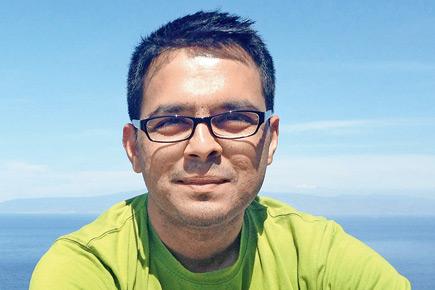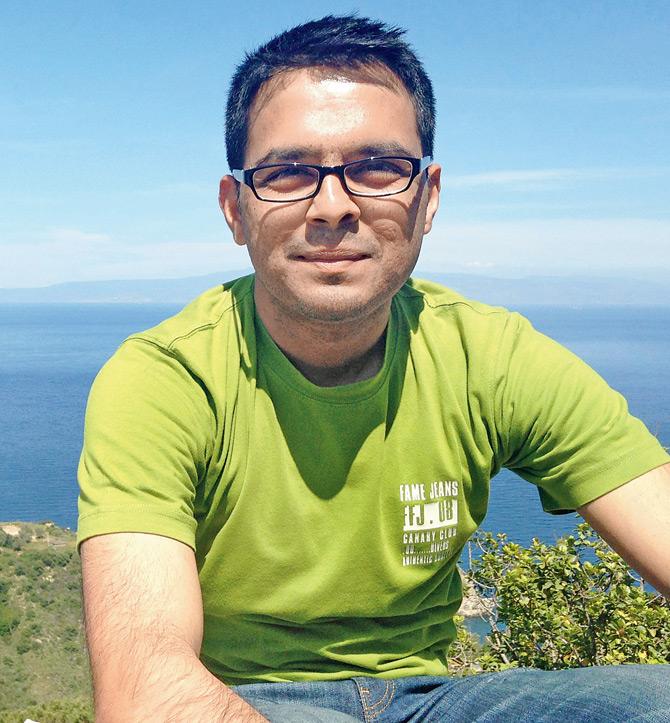In its 10th year, the Konkani Dictionary Project struggles with reduced footfall, but its founder argues that popularity is rising, albeit slowly

Roshan Pai
In 2005, when IT consultant Roshan Pai visited the UK on work, he ended up in the sleepy town of Cheltenham. “I would finish work by 5 PM and suddenly had too much time to spare. I started thinking about how best to utilise it,” he recalls.
Born in Bengaluru, Pai spoke a dialect of Konkani which he felt was dying a slow death due to the lack of documentation and official government patronage. “Outside of Goa, the spoken language hasn’t been scientifically documented. There was no standardised dictionary.”
ADVERTISEMENT

When he heard the story of Welsh he was left with an urge to do more for his mother tongue.
“The people of Wales revived their language by starting at zero, beginning with documentation and consolidation. I decided to embark on the same path,” Pai says, while talking of the Konkani Dictionary Project which he started through the SaveMyLanguage.Org, an online portal that scientifically documents the Konkani words.
The online dictionary turns 10 this year, and, over the course of time, has built a database of 15,000 words. It’s estimated that there are nearly 30,000 words in Konkani, which finds native speakers around Mangalore.
The words are arranged in alphabetical order, starting with terms like aando (a vessel used to serve liquids) and mushtin maarcho khelu or boxing to colloquial terms like naakkjellalo (idiotic creature). The project is entirely volunteer-driven, where people contribute a word and its English meaning. But, Pai says, not all words make it to the dictionary. “The submission makes the cut only after it has been reviewed, catalogued and semantically categorised by linguists,” says the postgraduate in global business from the University of Oxford.
While Pai, 35, has been funding and keeping the project afloat on his own, the journey has been challenging.
“When I launched the site, my grasp of the dialect was weak.
My knowledge of lexicography, the art of compiling words, was zero.” Crowdsourcing then, was his only option.
While the Facebook page has been buzzing with more 13,000 likes, Alexa, a portal that provides commercial web traffic data and analytics, has another story to tell.
According to it, visitors to the site have dropped, to approximately 14K monthly. Pai, however, believes there’s no reason to lose sleep. “Our visitor site data reveals the number of monthly visitors has actually gone up, albeit slowly. From 4,000 visitors in March 2014 we rose to 7,800 in March 2016.”
His greatest fallback, however, has been Facebook. “It has been a big boon for us. We use social media sites to popularise the project on the Internet.”
Jayadev Bhat, a banker from Bangalore, is among the top contributors to the project. His motivation is its heady dose of nostalgia. “It reminds me of my childhood when our parents and grandparents spoke pure Konkani. I want to help preserve our culture for the younger generation.”
 Subscribe today by clicking the link and stay updated with the latest news!" Click here!
Subscribe today by clicking the link and stay updated with the latest news!" Click here!








